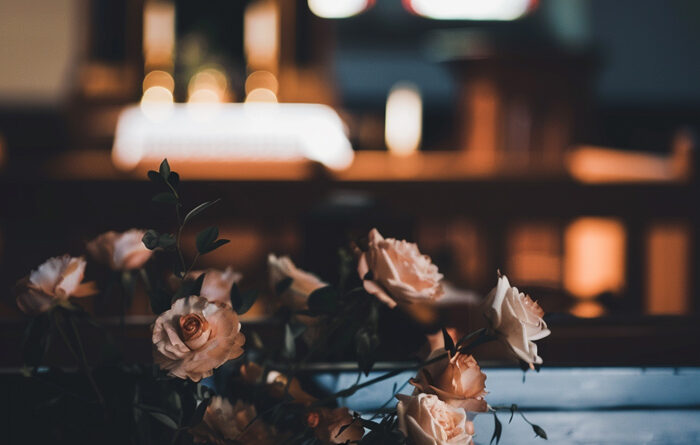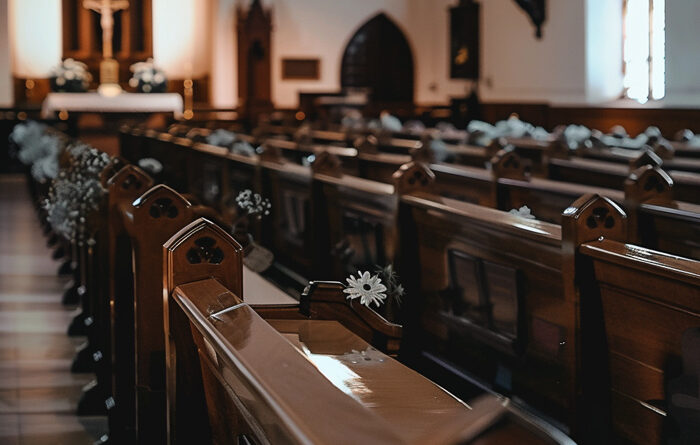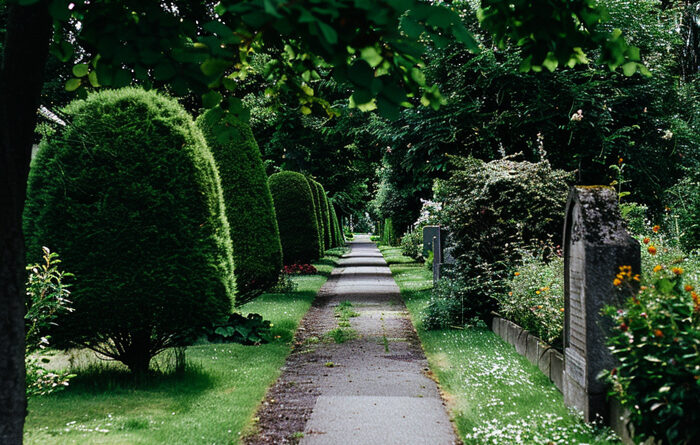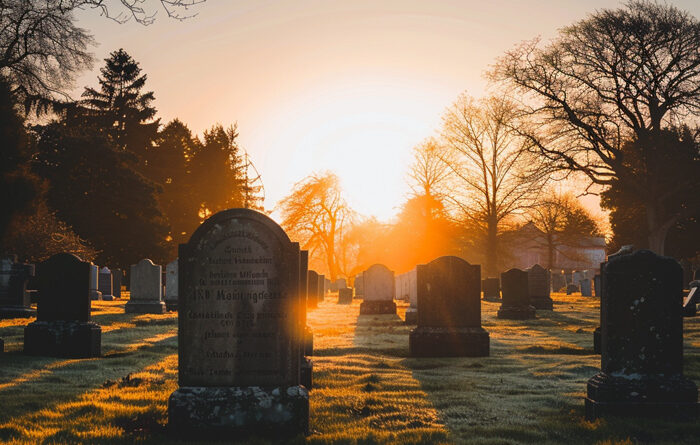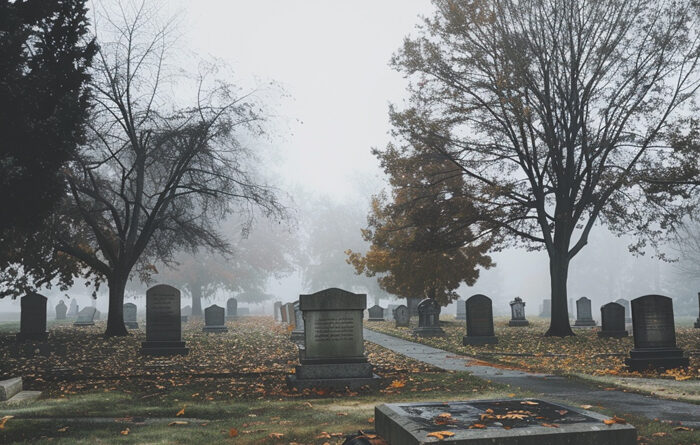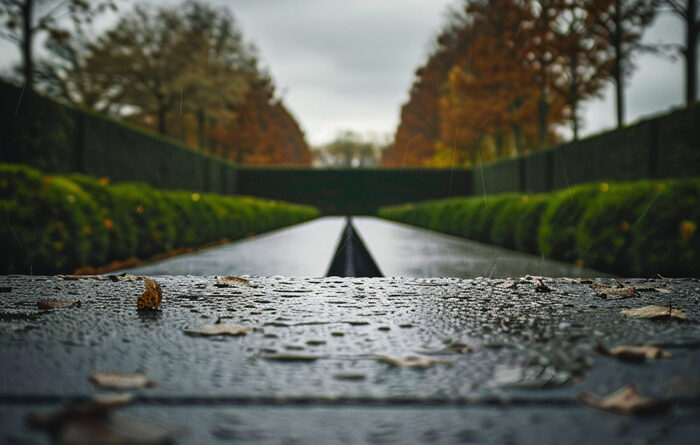
Introduction to Burial Services in Diverse Miami
The city of Miami, with its vibrant mix of cultures and faiths, poses an opportunity for families and individuals to honor their departed loved ones according to their unique traditions and beliefs. Funeral services and rites vary greatly, reflecting the cultural and religious diversity that makes Miami a mosaic of human expression. This article delves into the various burial services that cater to different cultures and religions in Miami. By examining these rites of passage, one gains an understanding of how communities in Miami pay respects to those who have passed on.
Christian Burial Services in Miami
Christianity, with its numerous denominations, holds a significant percentage of Miami’s population. Generally, Christian funeral services involve a ceremony led by a clergy member, which might take place at a church, funeral home, or gravesite. The rite typically includes prayers, readings from scripture, music, and a eulogy. In the Catholic tradition, for instance, the service may include a Mass and could be followed by a burial service at a cemetery, where the final commendation and farewell are conducted. In Miami, many funeral homes have facilities that respect these traditions and have specialized directors who are familiar with the nuances of various Christian customs.
Jewish Burial Traditions in Miami
The Jewish community in Miami observes burial traditions that are deeply rooted in their historical and religious background. Quick burials are preferred, traditionally within 24 hours of death, following the principle of K’vod HaMet, honor for the deceased. The ceremony usually involves a simple and plain wooden casket to signify equality in death, the recitation of psalms, and the burial itself where family and friends may participate in placing earth upon the casket. Jewish funeral homes or sections of cemeteries in Miami are dedicated to providing services in line with these practices, facilitating Shomrim or watchers who stay with the body until burial, and Chevra Kadisha, the sacred society that prepares the deceased for burial.
Islamic Funeral Services in Miami
For the Islamic community, funeral rites are a set of sacred practices performed with great reverence. The body is washed and enshrouded in a kafan or simple white cloth, reflecting the Islamic principle of humility. The Janazah, a funeral prayer, is said over the body, ideally taking place outdoors or in a community space, not necessarily at the mosque. Burial should occur promptly after death, if possible. In Miami, Islamic funeral services provide the facilities and guidance for these rituals, including support for the swift burial that the Islamic faith prescribes.
Hispanic Funeral Customs
In Miami, with a significant Hispanic population, funeral services often feature a blend of Christian traditions and Hispanic cultural elements. Vigils or wakes are common, where the community gathers to pray and remember the deceased. These may include the practice of reciting the rosary, singing traditional hymns, and sharing memories. Funeral homes in Miami that serve the Hispanic community are well-equipped to host these extended services, which may span several days to accommodate the cultural expectation of communal mourning and support.
Ceremonies Honoring Afro-Caribbean Traditions
Afro-Caribbean communities in Miami have funeral traditions that resonate with their cultural and sometimes spiritual ancestry. These services often incorporate music, storytelling, and rituals that pay homage to the African diaspora’s rich heritage. From the anguished songs of mourning to the final send-off with rhythmic dances and drumming, these ceremonies provide a dynamic way to celebrate life even in death. Funeral service providers in Miami are attuned to these practices, offering their expertise in creating a reverent space for families to conduct these powerful tributes.
Hindu Funeral Rites in Miami
The Hindu population in Miami follows funeral rituals that are deeply spiritual and symbolic. Cremation is generally preferred in Hinduism, reflecting the belief in the soul’s release from the physical body and its return to the elements. The service typically involves the chanting of mantras, offerings to Agni, the fire deity, and rituals led by a Hindu priest. Miami’s funeral service industry supports these traditions by providing cremation services that accommodate the specific rites required in Hindu ceremonies, including the scattering of ashes in a holy river or body of water, a practice that many adapt to the local surroundings.
Secular and Non-Traditional Services
As Miami is home to people of all beliefs, including those who may not affiliate with any particular religion, there is a growing demand for secular or non-traditional funeral services. These can involve gatherings that focus on celebrating the individual’s life through storytelling, music, and personal memorials. Providers in Miami offer venues and planning assistance for those who prefer a service that is less ritualized and more reflective of personal or family wishes.
Conclusion
Miami’s diversity in death, as in life, is evident in the plethora of burial services available to accommodate the cultural and spiritual preferences of its residents. The city’s funeral industry has evolved to meet the needs of its diverse population, ensuring that each person’s final send-off respects the richness of their tradition. As one reflects on the various practices and services discussed, it is apparent that Miami’s commitment to cultural inclusivity extends even to the most solemn moments of human experience. In paying respects to the departed, the people of Miami truly illustrate the universal reverence for life and the individual legacies that endure beyond it.
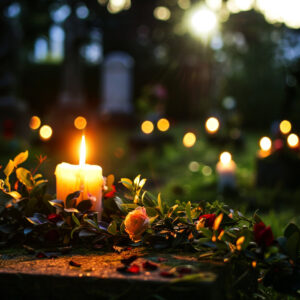
What are the typical burial customs for the Christian faith?
In Christian burials, the body is typically laid to rest in a consecrated area such as a churchyard or cemetery. A funeral service is held with readings from scripture, hymns, and prayers. The specifics of the service, such as the inclusion of a viewing or wake, can vary depending on the denomination and cultural practices.
How do Islamic burial traditions differ from others?
Islamic burial practices are distinct in that the body is washed and shrouded in a simple white cloth, known as the kafan, following specific rituals. The deceased is buried shortly after death, facing the Qibla, or direction towards Mecca. A funeral prayer called Janazah is conducted outside the mosque, and the importance of simplicity and equality in death is emphasized, discouraging extravagant markers or tombs.
What are the main components of a Hindu funeral ceremony?
In Hinduism, the funeral process includes a ritual called Antyeshti or Antim Sanskar, which is the last of the samskaras (life cycle rituals). The body is washed, wrapped in a white shroud, and adorned with garlands. Cremation is generally preferred, often on a pyre by the river, and the ceremony involves circling the body with fire, chanting of Vedic mantras, and offerings made to the fire. The funeral rites are aimed at freeing the soul for its onward journey.

